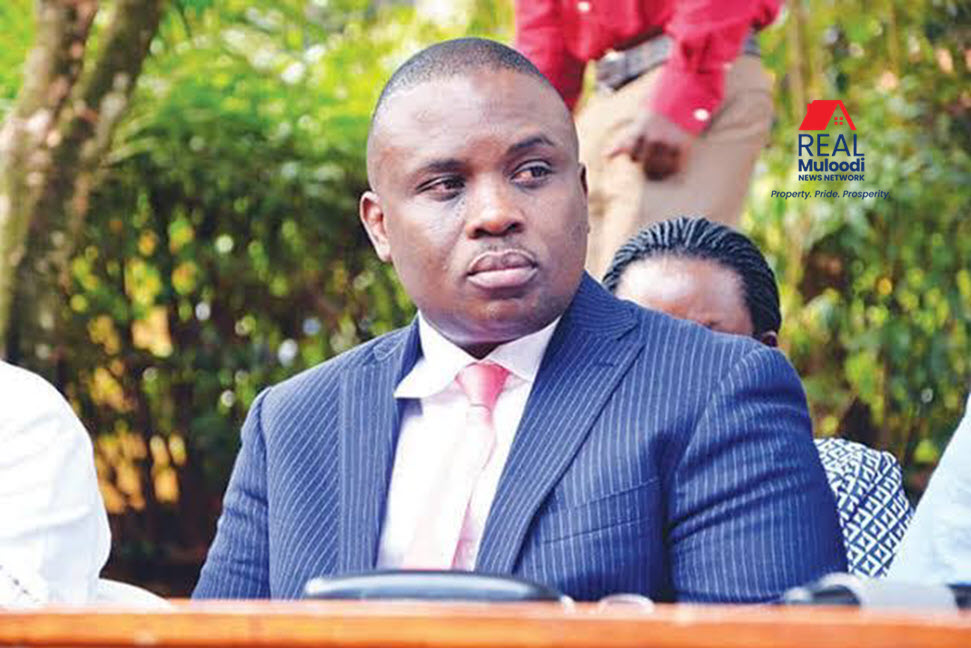UGANDA, Kampala | Real Muloodi News | Kampala City Mayor, Erias Lukwago, wants property tax rates reduced to help low-income earners.
The Local Governments (Rating) Act 2015 provides that local governments can charge a percentage not exceeding 12% of the rateable value (taxable value) of the property and a minimum of 2,000 shillings. The taxable value is based on the net annual value of a property.
The value of a property is determined by the estimated annual rent at which the property might reasonably be expected to let, as valued by a certified government valuer, less an allowance to cover the costs of repairs and expenses necessary to maintain the premises.
After the allowance for expenses is deducted, the resulting net ratable value is 74% of the gross value of a property.
The last time Kampala City Council Authority (KCCA) passed new rates was in 2020. Up until that time, KCCA was charging rates at 6% of the taxable value on all commercial properties. The change reduced the rate to 4% for properties valued below five million shillings, and 6% for properties valued above five million shillings.
However, Lukwago says that the rates are still high for low-income earners in Kampala. He made the comment while at the swearing-in of the new committee of the City Valuation Court in May.
According to him, the City Executive Committee (CEC) should discuss imposing a tax of 2,000 shillings a year for some low-income earners.
In his speech, Lukwago asked the new committee of the City Valuation Court to take their activities closer to the people and ensure that they deal with the complaints justly.
The KCCA Executive Director Dorothy Kisaka said although the Authority wants to increase its revenue, the valuation team should also be mindful of taxpayers’ needs for fairness and equity.
While talking about the taxing of residential houses, Kisaka says that they want to increase the Authority’s tax base, but can only do so when there is an enabling law. Currently, residential houses that are occupied by the owners are not taxed, leading to a loss of over USh1 billion in property rates revenue that is not levied.
Mr Samuel Muyizzi, the chairperson of the Valuation Court, expressed his disappointment that some people and their leaders are ignorant about the existence and mandate of the Valuation Court, and therefore do not utilise its services.
After properties have been valued for the purposes of levying property rates, the local government will publicly announce in the Gazette and in at least one local newspaper that the draft valuation list has been completed, and that a copy of the draft valuation list is open for inspection at in the office of the local government.
Any property owner who is aggrieved about a valuation that has been assessed on their property or any other information contained (or omitted) in the valuation list, may object within 30 days of the notice of valuation rates being published.
The objection must be in writing, stating the grounds on what the objection is made, and the property owner’s desired amendments.
Once the 30 day window for lodging objections has closed, the local government sends a copy of the valuation list and all the notices of objection to the valuation court.
The valuation court shall review the objections and make alterations to the valuation list as necessary to give effect to its findings.
The valuation court is mandated to complete its proceedings within six months after receipt of complaints.
It has also been revealed that property rates is the highest contributor to KCCA Non-Tax Revenue – NTR, bringing in around 50 billion shillings annually.
READ MORE LIKE THIS:
Mbarara City Property Tax Payers Voice Their Expectations of the City Administration



